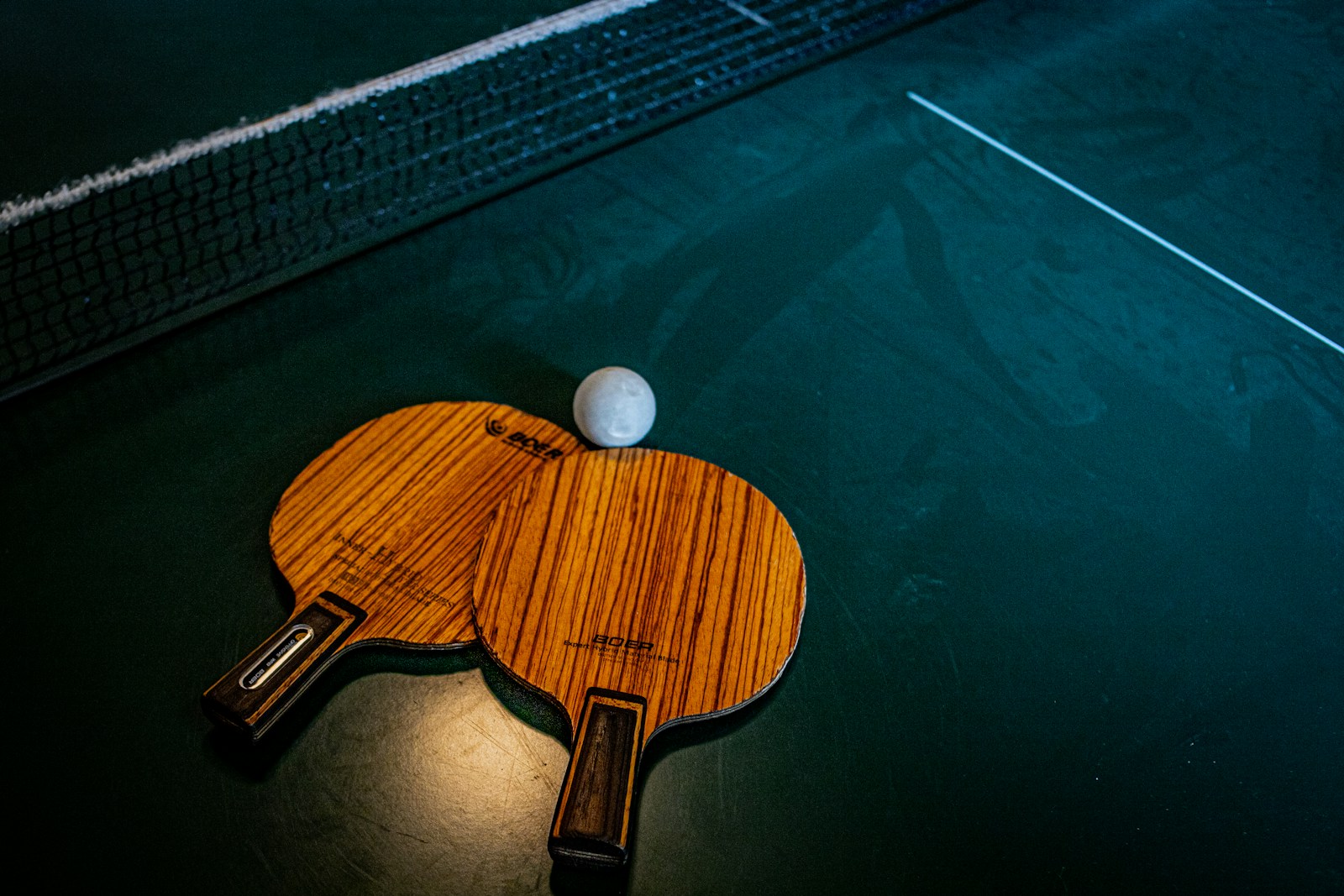The Roundtable: Does the Masters' Exclusivity Have a Place in Modern Sports?

Editor's Note: Welcome to our monthly roundtable discussion. Each month, our five student editors will come together to debate a major issue shaping our world. This transcript has been lightly edited for length and clarity.
Yonghyuk Choi: This month, the sports world turned its attention to Augusta, Georgia, for the Masters. It's my favorite sporting event of the year. The course is perfect, the drama is always high, and it has a sense of history that no other tournament can match. But it's also a deeply strange and paradoxical event. It's run by one of the most exclusive and secretive private clubs in the world, Augusta National. So the question I want to pose is: in the modern, more inclusive world of sports, does a place like Augusta National still have a legitimate role to play?
Anthony Min: From a pure business and branding perspective, its exclusivity is the very source of its power. The entire business model of the Masters is built on scarcity. Tickets are almost impossible to get. Merchandise can only be bought on-site for one week a year. The broadcast has minimal commercial interruptions. By systematically saying "no" to the hyper-commercialization that defines every other major sporting event, they have created the most powerful and prestigious brand in golf. It is a masterclass in leveraging exclusivity to create desire.
Saerom Kim: I can see that, Anthony, but that exclusivity has a very dark and complicated history. Augusta National didn't admit its first Black member until 1990. It didn't admit its first female members until 2012. It has a long history of being a bastion of white, male, corporate power. While they have made efforts to become more diverse, you have to ask if the "tradition" we are all celebrating is inextricably linked to that history of exclusion. From a cultural perspective, it feels very uncomfortable to celebrate an institution with that kind of past.
Yehee Jung: That's the core ethical dilemma, isn't it? It forces us to ask if we can separate the art from the artist, or in this case, the beautiful sporting event from the problematic institution that hosts it. From a systems perspective, Augusta National is a closed system. It operates by its own rules, with very little transparency or external accountability. While this allows them to create a perfectly curated event, it also means that any change or progress happens at a glacial pace, and only on their own terms. It is the antithesis of a modern, transparent organization.
Minwoo Jung: From a geopolitical and power perspective, that's what makes it so fascinating. The club's membership is a secret, but it's known to be a collection of some of the most powerful CEOs, financiers, and political figures in the world. The Masters is not just a golf tournament; it is the annual meeting of a powerful, unelected global elite. The deals and decisions that are made in the clubhouse at Augusta are probably far more significant than the shots that are hit on the course. It is an exercise in soft power for the American corporate establishment.
Yonghyuk Choi: That's a great point, Minwoo. But I also think that, for the average fan watching at home, most of that is invisible. The brand has been so perfectly managed that it has successfully insulated itself from most of these criticisms. The "tradition" of the event has become its own justification for existing. It's a remarkably resilient model.
Saerom Kim: But should we let it be insulated? As a fan and a member of the media, don't we have a responsibility to keep asking these uncomfortable questions, even if it's about our favorite sporting event?
Final Thoughts
Yonghyuk Choi: The Masters is a beautiful and captivating anachronism, a throwback to an era of sports that probably shouldn't exist anymore, but I'm glad it still does.
Anthony Min: It is a brilliant business model that proves the most powerful brand strategy in a noisy world is often a quiet, dignified exclusivity.
Saerom Kim: It's a powerful reminder that we can't fully appreciate the beauty of a tradition without also confronting the ugliness of its history.
Yehee Jung: Augusta National operates as a closed, unaccountable system, which allows it to create perfection on the course but raises serious ethical questions off of it.
Minwoo Jung: It is the ultimate display of American corporate soft power, a place where the global elite gather under the genteel guise of a golf tournament.
What do you think? Is the Masters a treasured tradition or a problematic relic? Let us know your thoughts in the comments below.



